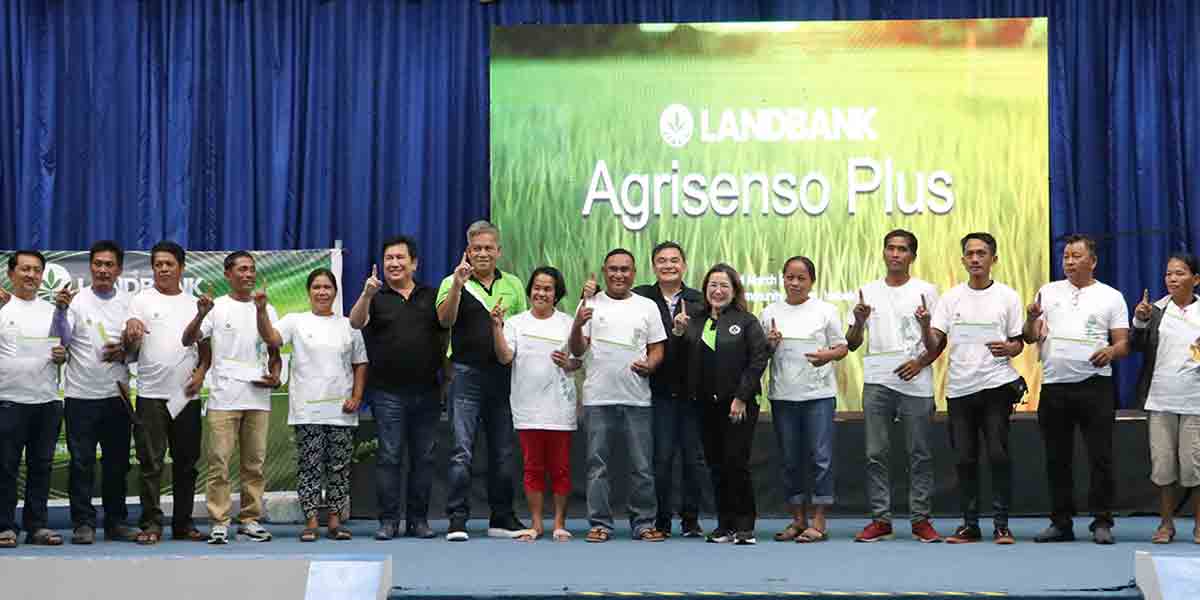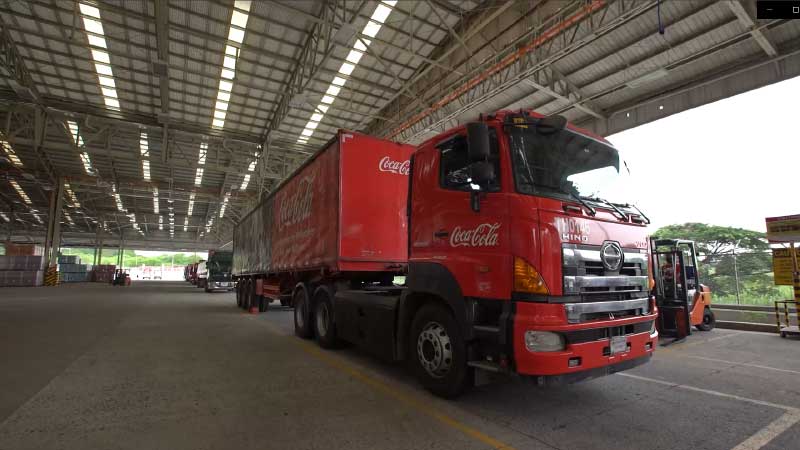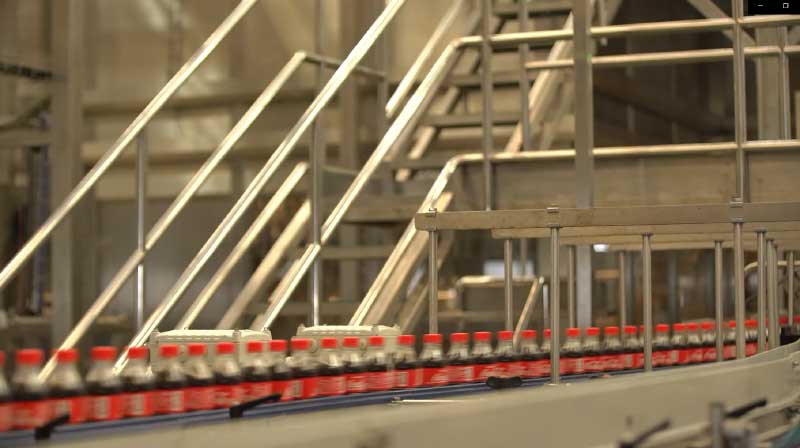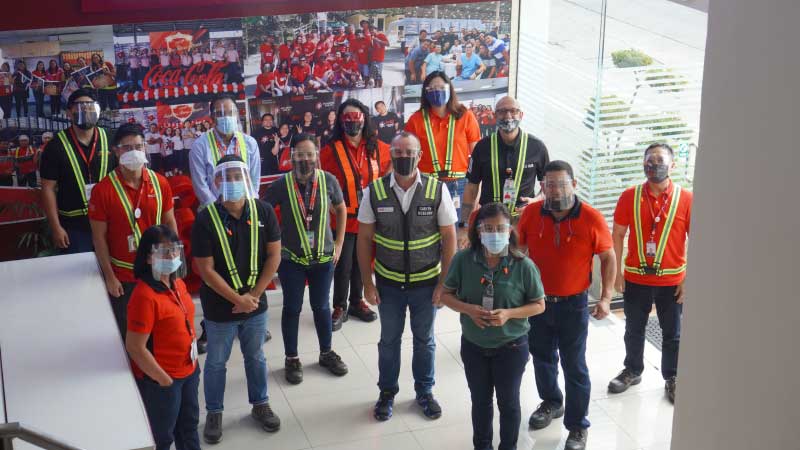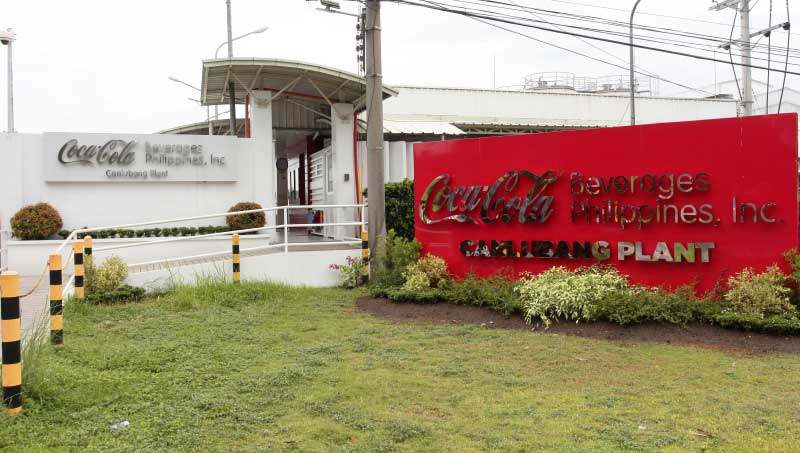Given Coca-Cola’s long history in the Philippines, it has become an integral part of many Filipino families’ most treasured traditions, including serving as the perfect companion to countless meals and gatherings. The company’s 18 manufacturing plants across the country ensure this standing, making sure that beloved products reach even the country’s farthest communities.
Among these plants is Coca-Cola’s Canlubang Plant in Laguna—which marks its 24th year of service to Filipinos. Considered as one of Coca-Cola’s mega plants and its biggest manufacturing plant in the Philippines, the Canlubang Plant also operates the two fastest PET carbonated soft drink (CSD) lines in the world. Since its founding on August 2, 1999, the plant has steadily grown—providing livelihood opportunities to Filipinos and contributing to the growth and health of the local economy.
“Our Coca-Cola Canlubang Plant plays an important role in the significant growth of not only the company but also the communities that it serves. We continue to work to ensure that we deliver strongly on our commitment to help build stronger local communities and a more sustainable future for Filipinos—these are the same principles that guided us when we established our site in Laguna, and we are looking forward to touching more lives through our products and our programs.,” shares Gareth McGeown, President and CEO of Coca-Cola Beverages Philippines Inc.
A look back at the journey of Coca-Cola’s Canlubang Plant
Coca-Cola’s Canlubang Plant has become a landmark, with its giant signage and its sprawl near the Silangan exit of the South Luzon Expressway.
When the plant opened in 1999, it only had two lines. A decade later, in 2009, the plant added more lines for its water brands. In January 2013, more than $1.2 billion was invested into Coca-Cola operations in the Philippines, with the funds dedicated to the rehabilitation of the Tacloban Plant, the upgrade of the Misamis Oriental Plant, the acquisition of a new facility in Davao del Sur, and the expansion of the Canlubang Plant.
Following the investment, the Canlubang Plant became known as one of the largest Coca-Cola plant in the country. It also improved plant operations, given upgrades to more advanced technologies and processes. By 2014, another $95M was poured into the expansion of the Canlubang Plant which further boosted its production capacity. Currently, the plant operates ten lines that all involve largely automated processes. It produces well-loved brands such as Coca-Cola, Wilkins Distilled, Sprite, Sprite Lemon, and Royal Tru-Orange. The supply produced from the Canlubang Plant is regularly delivered to sites across Luzon, Visayas, and Mindanao.
Since its founding, and with every development it has undertaken to improve its service, the Canlubang Plant has become an integral part of Coca-Cola’s footprint in the Philippines, as it has taken on community-building roles in Canlubang communities. The plant has been generating job opportunities for local residents and those from nearby areas throughout the year—a major part of its legacy as a Coca-Cola megaplant.
Coca-Cola’s People-First Commitment
Coca-Cola has always upheld its People First commitment by protecting and supporting its associates, partners, and the communities that have given it a home. This commitment is what underpins the operations at the Canlubang Plant, with its over 500 direct employees taking pride in growing together and taking charge of the day-to-day processes that bring much-loved drinks closer to Filipinos.
“Coca-Cola’s People First commitment is a principle we all live by, especially in our operations here,” says Canlubang Plant Manager Zarahmie Trania. “We are proud of the work we do, and part of our culture and years of service is to strive to always be better than how we were yesterday. As the Canlubang Plant continues to grow, we are determined to supply Coca-Cola products to even more areas across the country, hand-in-hand with the positive impact we leave our local communities.”






